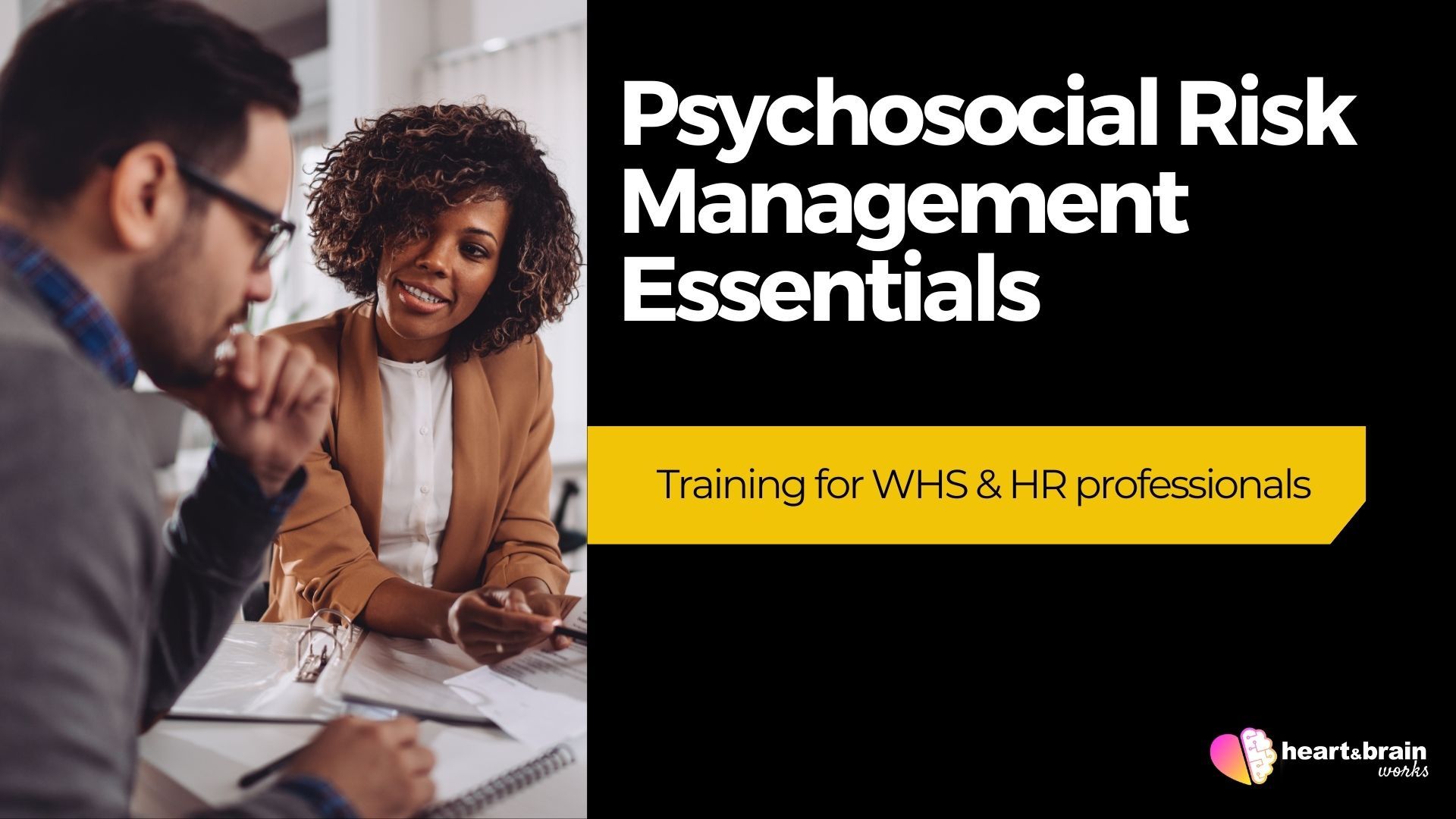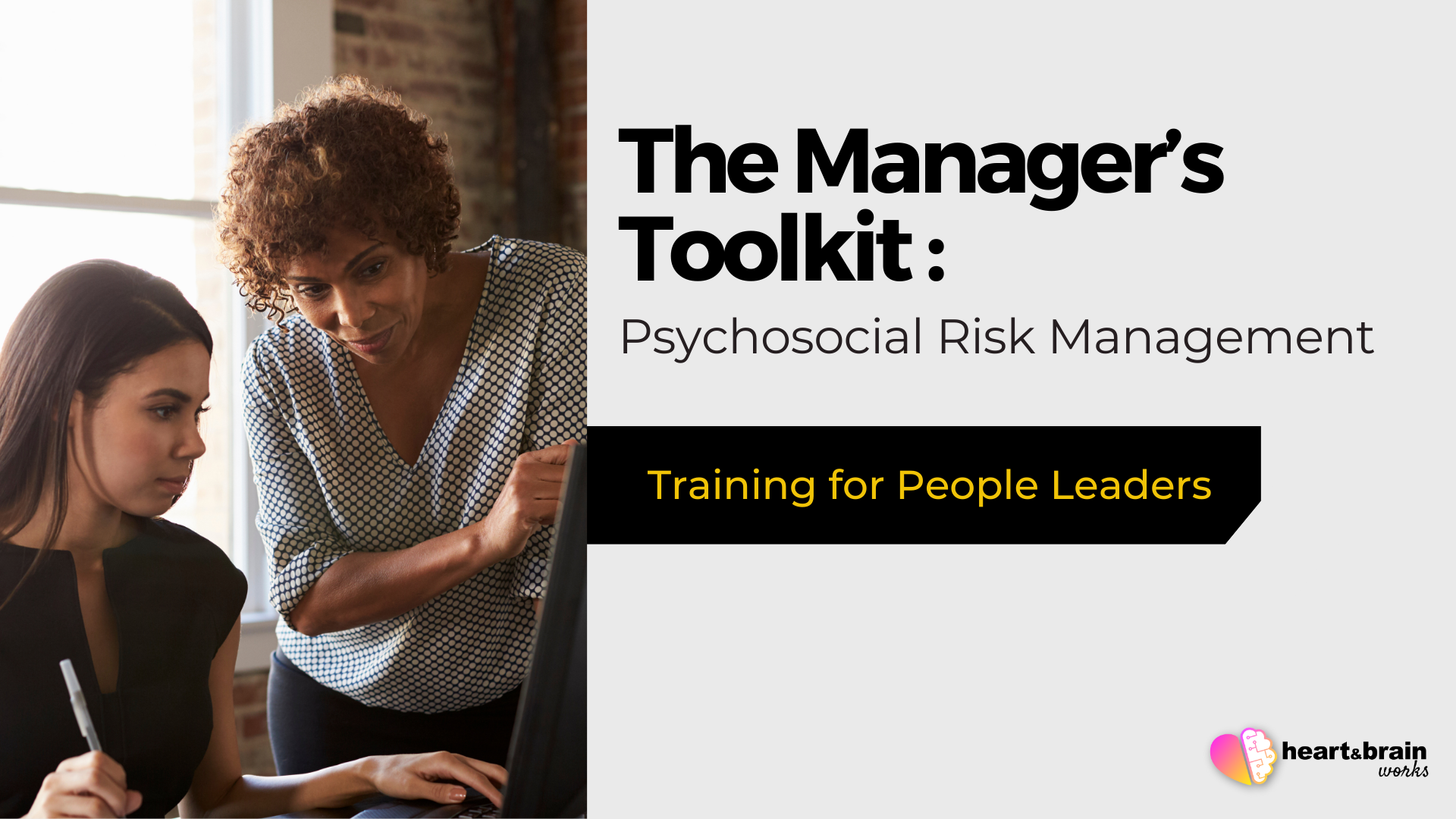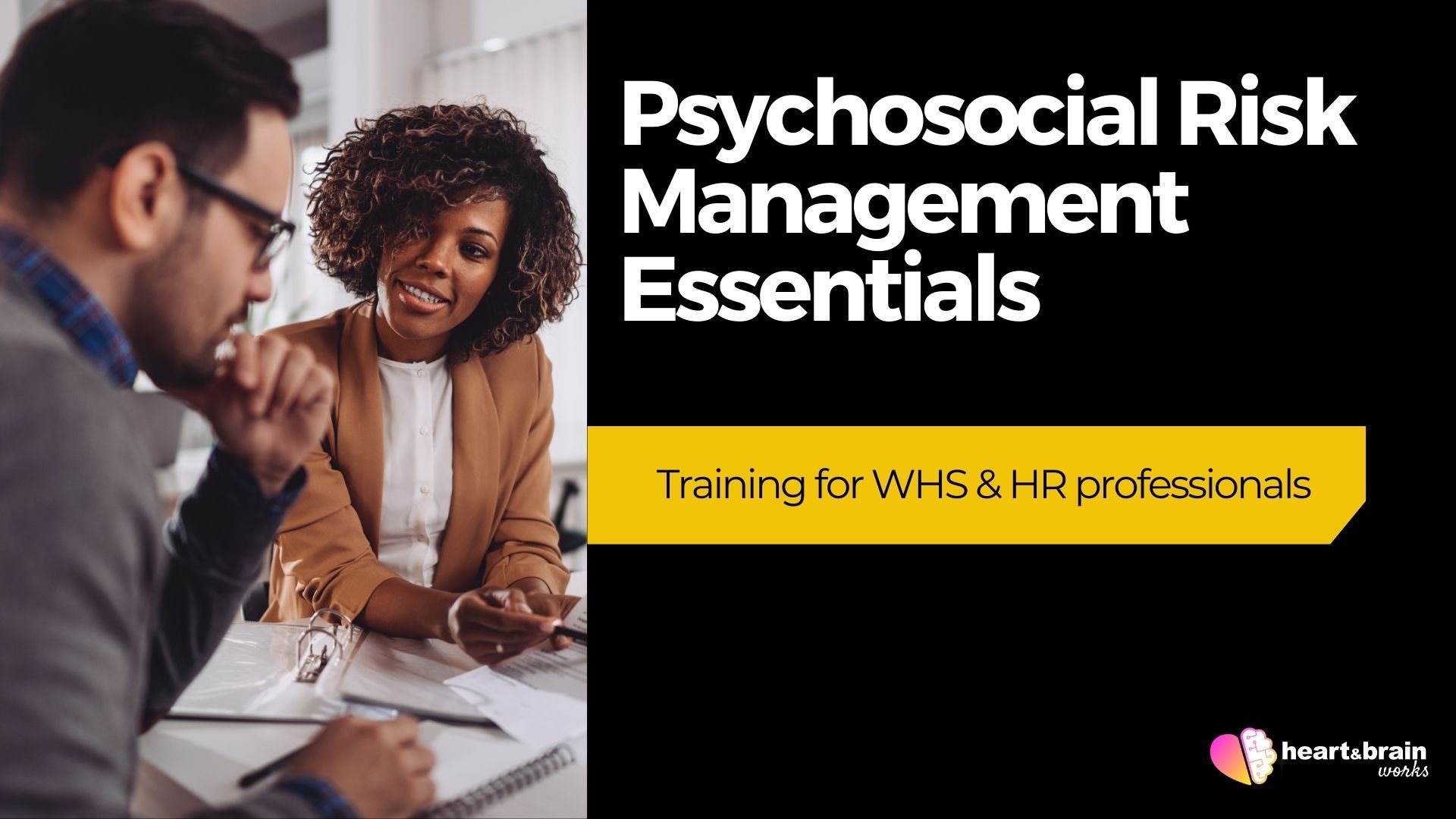Peer Support Programmes
In this webinar, we delved into the transformative potential of peer support programmes.
Peer support programmes have proven to be one of the most impactful and transformative movements in mental health and wellbeing. They emphasize mutuality, empathy, and empowerment through shared experiences.
“Peer support is a system of giving and receiving help founded on key principles of respect, shared responsibility, and mutual agreement of what is helpful.
Peer support is not based on psychiatric models and diagnostic criteria.
It is about understanding another’s situation empathically through the shared experience of emotional and psychological pain.”Source: Mead, S., Hilton, D., & Curtis, L. (2001). Peer support: A theoretical perspective. Psychiatric Rehabilitation Journal, 25(2), 134–141.
Understanding Peer Support Programmes
Peer support programmes are fundamentally about creating a safe and non-judgmental space where individuals can support each other through shared experiences.
Peer support encompasses:
- Buddy System: Joining people together to provide support and a safe space to share.
- Mentorship: A relationship where someone guides, advises, and supports another individual.
- Employee-to-Employee Support: Colleagues helping each other informally and through structured programs.
- Lived Experience: Trained colleagues with similar experiences offering empathetic assistance.
Types of experiences that workplace peer supporters might help with
- Work stress
- Work or personal relationship issues
- Gender and sexuality
- Alcohol, drug, and other substance use
- Cultural Identity
- Loss
- Anxiety
- Depression
- Burnout
Benefits of Peer Support Programmes
- Decrease perceived workplace stress (Agarwal et al. 2020,
Meehan et al. 2002, Selzer et al. 2013) - Reduce utilization of case management and crisis services
(Selzer et al. 2013) - Reduce anxiety (Meehan et al. 2002)
- Improve employees’ ability to support each other (Meehan et
al. 2002, Selzer et al. 2013) - Improve employees’ positive attitude towards work and
towards mental and physical health (Hersey et al. 2008)
“Peer support works. Peer support is effective.
People with lived experience of mental health problems or illnesses can offer huge benefits to each other. We found that the development of personal resourcefulness and self-belief, which is the foundation of peer support, can not only improve people’s lives but can also reduce the use of formal mental health, medical and social services. By doing so, peer support can save money.”
Source: Cyr et al. (2016). Making the Case for Peer Support. Report to the Mental Health Commission of Canada
The Need for Peer Support Programmes
The rising trend in workplace burnout across the globe is alarming, with nearly half of all employees experiencing some degree of burnout. This is vividly illustrated in survey data and the notable increase in burnout cases in New Zealand and Australia over just a few months. These figures underscore the critical need for peer support programmes that can help employees manage stress and maintain well-being, advocating for a more supportive and sustainable workplace environment.


*Source: Alexander, A., De Smet, A., Langstaff, M., & Ravid, D. (2021). What employees are saying about the future of remote work. McKinsey Global Institute.
**Source: Harr, Jared (2022) Wellbeing@Work Report. Auckland University of Technology.
Burnout in New Zealand
Who is more at risk of burning out?
- Workers who are managers were 235.5% more likely to be burnt-out
- Māori employees were 593.9% more likely to be burnt-out
- Workers with high work demands (e.g., too much work to do) had a 572.4% higher burnt-out risk
Source: Harr, Jared (2022) Wellbeing@Work Report. Auckland University of Technology.
Burnout in Australia
- 62% of Australian workers reported being burned out at work
- 66% of Australian managers suffer burnout
What our psychosocial hazards audits revealed:
- High incidence of high workload/work pace and low resources
- High prevalence of stress, burnout and mental distress among
staff - Opportunities to support people suffering from mental distress
are often identified too late. Late intervention makes recovery
more lengthy. Earlier intervention is recommended. - Focus group evidence suggests that people are already
informally providing peer support to colleagues - Providing peer support without adequate training, systems and
processes creates risk for staff and for the organisation
Is a Peer Support Programme right for you?
Checklist
- Are there signs of stress and burnout in your staff?
- Have your staff experienced high workload or work
pace for an extended period of time? - Have your stress or mental health leave days increased?
- Do you have anecdotal evidence that colleagues are
supporting each other to deal with distress? - Have you conducted an assessment of the psychosocial
hazards present in your workplace?
Challenges and Risks in Implementing Peer Support Programs
Despite their benefits, peer support programs come with their challenges and risks. The primary concern is ensuring that peer supporters are properly trained and supported to handle the emotional complexities that may arise. Without adequate training, there is a risk of peer supporters feeling overwhelmed or providing inappropriate support. Therefore, organizations must invest in comprehensive training programs and ongoing supervision for peer supporters to maintain the integrity and effectiveness of the peer support programs.
Risk:
Vicarious Trauma or Compassion Fatigue for Peer Supporters
Solution:
- Support system for Peer Supporters
- Adequate training
- Regular supervision
Risk:
Inappropriate support offered to peers
Solution:
- Adequate training for peer supporters
- Regular supervision for peer supporters
- Feedback systems for
peers
Risk:
Peer Supporters adopt a counselling role
Solution:
- Adequate training for
peer supporters - Regular supervision
for peer supporters
Risk:
Peer Support becomes an avenue for workplace complaints
Solution:
- Adequate organisational systems
- Adequate messaging
- Adequate training for peer supporters
- Regular supervision
for peer supporters




